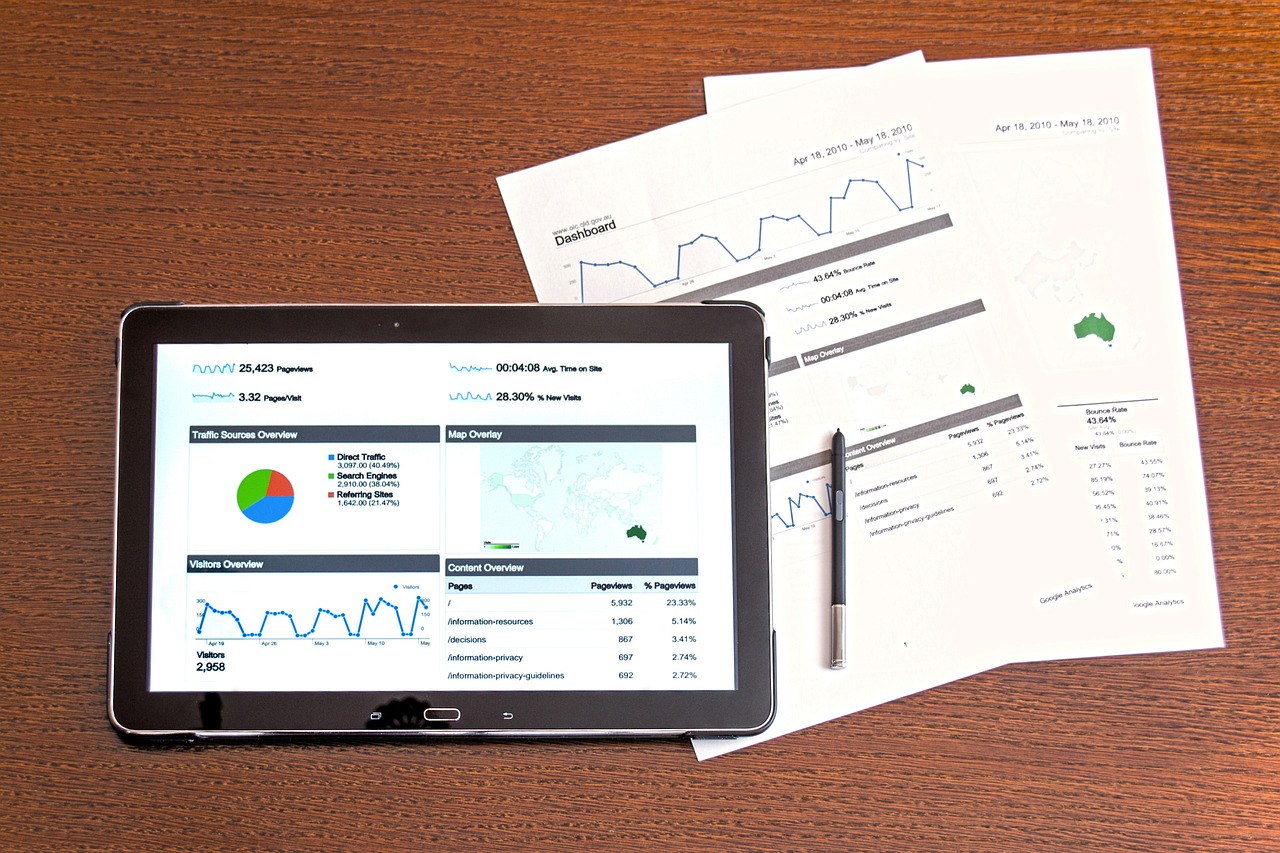Who We Are
Who We Are
CIOM Group Ltd is a registered Rwandan Consultancy firm which, in term of development, has a vision of “being real partner ” reflected in its main mission which is to bring success to our client and quality services in terms of management of the projects cycle and programs, from needs assessment up to the final evaluation of the project/program, Institutional and organizational development, technical and financial feasibility studies, socio-economic studies, trainings, and all related research activities.

It has a team whose average is around 120 multidisciplinary Experts, Advisors, and Consultants, Professional Assistant Researchers or Enumerators in our database with experiences in field of research management working in a network at local, regional and international levels. We are dedicated to conduct qualitative and quantitative data collection by using electronic devices and data collection software (SurveyCTO, Kobotoolbox, ONA,Open Data Kit or ODK, CSEntry, SurveyTogo, GIS, etc), Data Entry, Focus Group Discussions interviews, Key Informants Interviews, Data Cleaning, Programming Questionnaires, Questionnaires translation and Reports writing. Our team Members worked in different local and international consultancy companies, national and international research organizations and government institutions and involved in project feasibility studies, projects evaluation, projects assessment, baseline surveys, mid-term evaluation surveys and endline surveys.
Mission
To democratize access to high-quality survey data, enabling organizations of all sizes to gather valuable insights, understand customer needs, and drive meaningful change. Our mission is to simplify the survey process, maximize respondent engagement, and deliver actionable data that drives business success.
Vision
To redefine the survey experience and become the preferred partner for organizations seeking to gather meaningful insights from their target audience. We envision a world where surveys are engaging, accessible, and yield high-quality data that fuels informed decision-making and drives positive change.
Our Core Values
Integrity: Commitment to honesty, transparency, and ethical conduct in all data collection activities, ensuring the accuracy and reliability of information gathered.
Quality: Dedication to delivering high-quality data collection services, adhering to rigorous standards and methodologies to ensure the validity and completeness of collected data.
Client-Centric Approach: Putting clients’ needs first and prioritizing their goals and objectives throughout the data collection process, providing tailored solutions to meet their specific requirements.
Innovation: Embracing innovation and leveraging cutting-edge technologies and methodologies to optimize data collection processes, enhance efficiency, and deliver superior results.
Confidentiality and Privacy: Upholding strict confidentiality and privacy standards to protect sensitive information and maintain the trust and confidentiality of clients and respondents.
Accuracy and Precision: Striving for accuracy and precision in data collection methodologies, minimizing errors and biases to provide clients with reliable and actionable insights.
Collaboration and Teamwork: Fostering a collaborative and inclusive work environment where teamwork, communication, and knowledge sharing are valued, enabling the company to harness the collective expertise of its team members.
Social Responsibility: Recognizing the societal impact of data collection activities and ensuring responsible and ethical practices that contribute positively to communities and stakeholders.
Accountability: Taking ownership of responsibilities and outcomes, and holding oneself and others accountable for delivering results that meet or exceed client expectation
Meet Our Management and Research Coordination Team
Our team brings amassed years of experience in data collection, reporting and analysis as well as business development skills to help you grow and taking informed decision.
Our Approaches
Needs Assessment: Before initiating data collection activities, the consultancy conducts a thorough needs assessment to understand the specific requirements, objectives, and challenges of the client. This involves identifying key stakeholders, clarifying research questions, and defining success criteria.
Methodology Selection: Based on the needs assessment, the consultancy selects appropriate data collection methodologies that align with the objectives of the project. This may include quantitative methods such as surveys, questionnaires, and statistical analysis, as well as qualitative methods such as interviews, focus groups, and case studies.
Sampling Design: The consultancy develops a sampling strategy to ensure the representativeness and reliability of the collected data. This involves determining the target population, selecting sampling techniques, and calculating sample size based on statistical considerations.
Data Collection Tools: The consultancy employs a range of data collection tools and technologies to gather information from various sources. This may include online survey platforms, mobile data collection apps, data logging devices, and remote sensing technologies.
Training and Capacity Building: To ensure data collection activities are conducted effectively, the consultancy provides training and capacity building support to data collectors and field staff. This includes training on survey administration, interview techniques, data recording protocols, and quality assurance procedures.
Quality Assurance and Control: Throughout the data collection process, the consultancy implements rigorous quality assurance and control measures to maintain the accuracy, reliability, and integrity of the collected data. This may involve monitoring data collection activities, conducting regular checks for completeness and consistency, and resolving any discrepancies or errors.
Ethical Considerations: Throughout the data collection process, the consultancy adheres to ethical guidelines and principles, ensuring the protection of respondents’ privacy and confidentiality, obtaining informed consent, and maintaining the highest standards of professional conduct.


